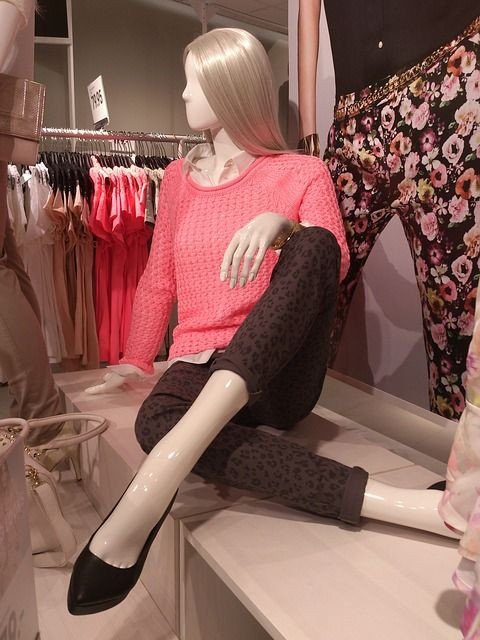Retail Therapy May Reduce Loneliness, But Only Among Those Who Love To Shop

A little bit of commercial hedonism may not be so bad after all, a Dutch researcher concluded in study findings that might alarm the Dalai Lama.
In some verbal jiu jitsu, a professor of marketing at Tilburg University in the Netherlands says that although loneliness may foster materialism, materialism sometimes alleviates the feeling of loneliness.
Shoppers described as "happy hedonists" may become less lonely from the behavior, Rik Pieters told reporters. "It is not a good idea to shop to become happy or to own more than others, but shopping for the fun of shopping might actually be not a bad idea after all."
Pieters followed more than 2,500 consumers in the Netherlands for six years, interviewing them to ascertain feelings of loneliness and values regarding materialism. The Dutch consumers were asked why they shopped for non-essential items, such as designer shoes, handbags, and the like.
He then analyzed the interaction of data and reported emotion. Overall, materialism did increase feelings of loneliness. But among certain types of shoppers, the motivation to consume brought a reward of reduced longing for connectivity, a feeling nearly universal to the human condition.
"It is widely believed that there is a vicious cycle in which loneliness leads to materialism and materialism in turn contributes to loneliness," Pieters writes. "But, contrary to popular beliefs about the universal perils of materialism, the pursuit of material possessions as part of a lifestyle of 'happy hedonism' may not actually be detrimental to consumer well-being when kept within certain limits."
Overall, materialism led to a small, but significant, increase in loneliness over time, particularly for those attempting to raise their social status. "You have more blue jeans than I do, but my house has more square feet," Pieter reports as a typical sentiment of such motivation. These people tend to only grow more lonely.
Likewise, those who believe materialism may automatically confer happiness also grow more lonely, he said. "When I finally own my own 1,200 cc motorbike, I will enjoy life and be truly happy," he reports as a typical sentiment of the type.
Yet, those who shop purely for the hedonistic pleasure of shopping itself, those who love to dicker at yard sales or search online for the best buys, truly benefit from the activity and become less lonely, he said.
"It turns out this latter type of materialism actually reduces loneliness, most likely because the enjoyment spreads to other people," Pieters said. "There is no bragging, comparison, or envy involved."
Kit Yarrow, a consumer psychologist at Golden Gate University in San Francisco, reviewed the study findings for MedicineNet.
"Part of the misunderstanding we have about this subject has to do with the lack of a consistent definition of 'materialism,'" she said. "One researcher might be talking about someone that lavishly overspends and is overly devoted to shopping, another might be referring to any sort of appreciation for material goods."
However, materialism as a value is a continuum, she said.
Although many shoppers may experience more than one motivator propelling them toward bargains and boutiques, the act of shopping itself was deemed not entirely bad for the human animal, perhaps fulfilling a vestigial need for the hunter-gatherer.
Source: Pieters, Rik. Bidirectional Dynamics Of Materialism And Loneliness: Not Just A Vicious Cycle. Journal Of Consumer Research. 2013.



























